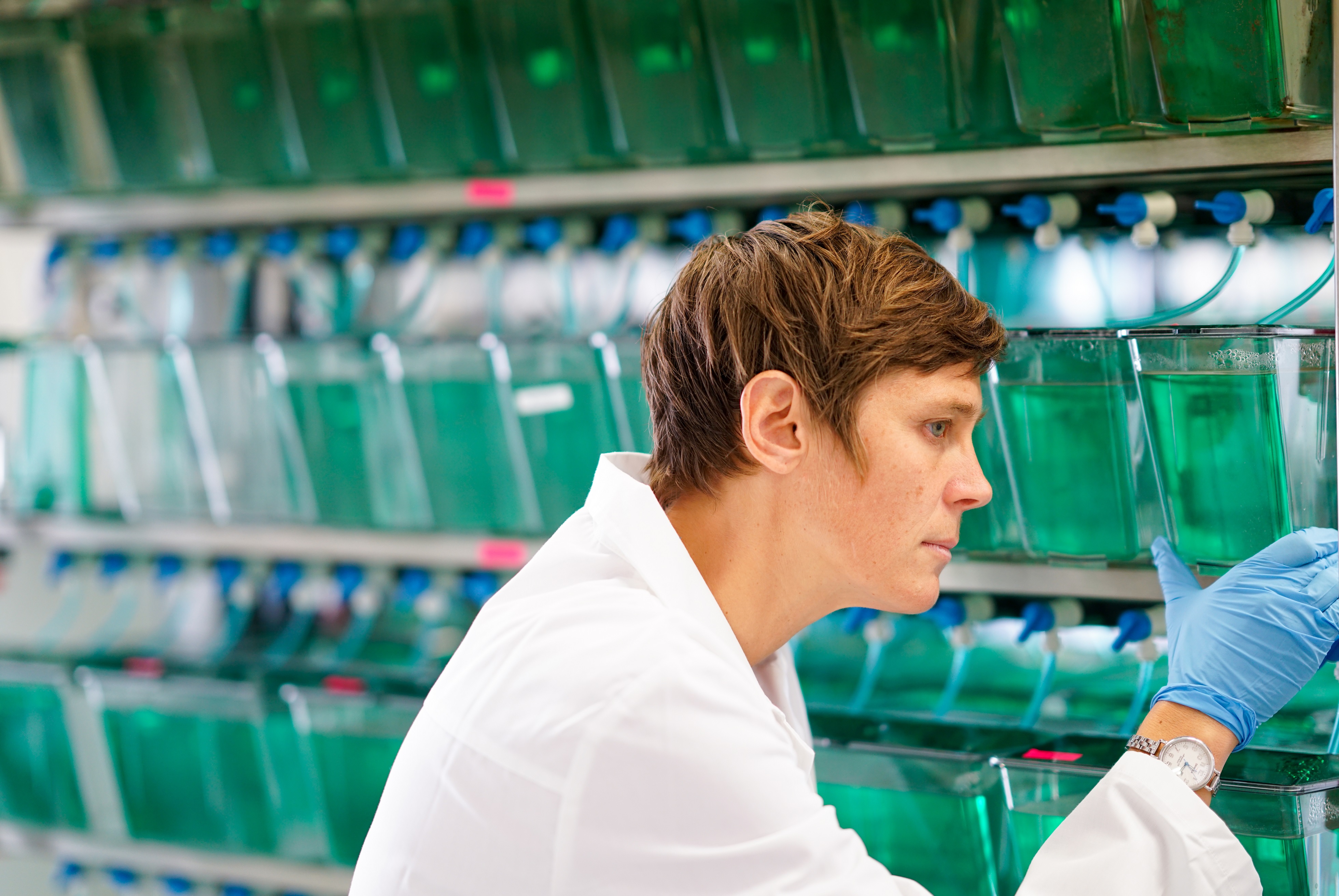
Tracie Baker, D.V.M., Ph.D., assistant professor of Environmental Health Sciences and of Pharmacology for the Wayne State University School of Medicine, saw a TEDx talk that she gave in November recently posted to the TED YouTube channel.
“The Contaminant Boomerang – What We Use Comes Back to Hurt Us” revolves around the human-made contaminants that have long-lasting impacts on health, and disputes the concept of “the solution to pollution is dilution.”
Despite efforts to reduce pollution, “We are still living in a soup of contaminants… exposed to more than 100 chemicals in our homes every day,” Dr. Baker said. “When these chemicals leave our bodies ... they end up in our rivers and our lakes.”
Recent testing of Lake St. Clair and the Detroit River – sources of drinking water for millions in southeast Michigan – found substances that included pharmaceuticals, antibiotics, heart medication, cholesterol medication and pain relievers, along with high levels of sugars, sweeteners and Per- and Polyfluoroalkyl Substances, or PFAS. The latter is a group of chemicals found in a wide range of consumer products that can accumulate and remain in the body for long periods. Evidence indicates that exposure to PFAS can lead to adverse health effects.
The contaminants Dr. Baker touches on in her talk can also be found in plastics, personal care products, microwave popcorn and cookware. A single exposure to some contaminants in our waters – amounts equal to a grain of sand in an Olympic-sized swimming pool – can lead to infertility and learning disabilities that can affect up to two generations, she said.
To bring awareness to this issue, Dr. Baker proposes “Toxin-free Thursdays,” similar to Meatless Mondays and Taco Tuesdays. “We can use the day to pay attention to chemicals in our homes, replacing products with name we can’t pronounce or know that are harmful with those less injurious; replacing plastics with biodegradable products; and consuming fresh foods and drinks free of chemicals, pesticides and artificial sweeteners.
“We can shift away from this contaminant soup and create demand for products that profit from our health rather than from disease and pollution,” she said.
Dr. Baker’s laboratory focuses on multi-disciplinary, translational research that bridges human, animal and environmental health, providing critical insights into transgenerational, environmentally-induced disease. In addition to human health, results from the lab’s studies are applied to wild fish populations experiencing population-level consequences of reduced reproductive capacity secondary to environmental toxicants in waterways.